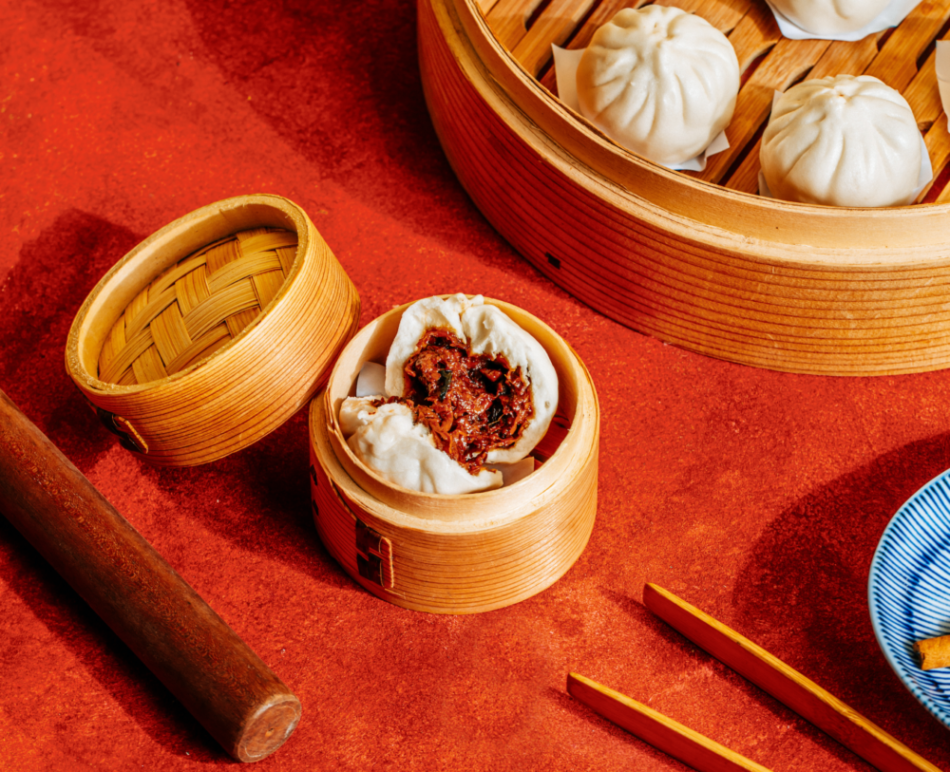Meat substitute maker Karana has just raised $1.7 million in seed funding for its jackfruit-derived ‘pork’ analog.
Participating investors included Henry Soesanto — CEO of Philippines-based food company and Quorn owner Monde Nissin — Singapore-based foodtech fund Germi8, and US-based Big Idea Ventures.
A number of angel investors also joined the round, including Hong Kong food and beverage entrepreneurs Gerald Li and Kevin Poon, alongside an unnamed “leading Asia-based fast-moving consumer goods distributor.”
Karana will use the funding to launch its plant-based products in restaurants in Asia, as well as to accelerate its research and development around meat alternatives made from jackfruit and other sustainable plants. It aims to launch its products for direct-to-consumer retail next year.
The Singaporean startup wants to stand out from the growing crowd of alt-protein providers with its focus on what it calls ‘whole plant-based’ products. It’s avoiding the extensive processing and use of additives associated with other plant-based meat alternatives to create products that look, feel, and taste like meat, without straying too far from the plants they’re made from, says co-founder Blair Crichton.
“If you talk about isolated soy protein or anything like that, [the plant] has gone through a pretty heavy process involving extrusion and denaturation where you’re stripping out a lot of the flavor, the smell, and so on,” he tells AFN.
Karana is taking a less intrusive approach. “While we do of course put the jackfruit through a process, it’s entirely mechanical. At the end of it we’ve retained the whole of the plant and all the benefits that come with that, like its nutritional profile.”
Crichton says the impetus behind launching Karana was ultimately about giving more choice to consumers who are currently considering products offered by the likes of Beyond Meat and Impossible Foods in order to reduce or replace the animal meat in their diets.
“There are plenty of consumers — myself included — that really like those other products on the market, but don’t want to eat a heavily processed burger or sausage every day,” he says.
Using jackfruit as a meat substitute is nothing new, particularly in the tropical regions of South and Southeast Asia where the gigantic fruit originates from. When prepared and cooked in a certain way, jackfruit flesh can take on a texture and appearance similar to the fibrous nature of slow-cooked animal meat.
What makes Karana’s pretend pork different is its proprietary “innovative mechanical technique” for processing the fruit. This allows it to be turned into an even more convincing meat alternative, Crichton claims.
“The [jackfruit] products out there on the market, typically they are processed in a very standard way. We found that method doesn’t yield the best consumer experience,” he explains.
“The texture tends to be a bit mushy, and it’s not the easiest to cook with. When we were doing our product development, we collaborated with chefs, and the feedback was that [jackfruit] is hard to work with and requires a lot of prep time.”
By delving deep into everything from how jackfruit is grown and sourced to how it is traditionally processed, the Karana team came up with its own “essentially 100% mechanical” method. While the startup is keeping the nitty-gritty confidential, Crichton explains that it involves a variety of cooking and cutting processes combined with food chemistry know-how around inducing chemical reactions in the food.
“Through a lot of trial and error and experimentation we’ve really nailed it down as to what yields the most ‘meaty’ and easy-to-use end product,” he says.





